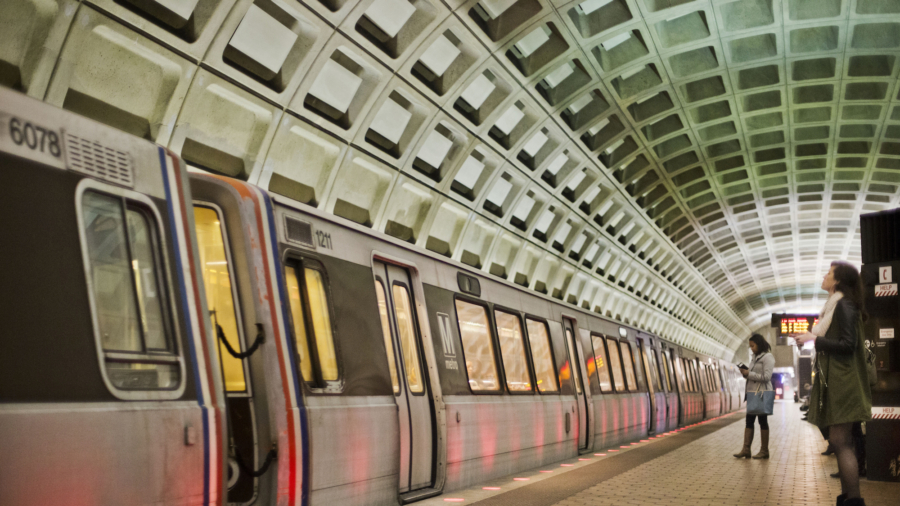The Oregon Transit Association (OTA) and the Amalgamated Transit Union 757 (ATU) are throwing their support behind a Senate bill that would criminalize the use of illicit drugs on public transportation.
As the opioid and fentanyl addiction crisis and related crime continue to run rampant throughout the state—forcing even multiple businesses to close—the two unions are hoping that the bill can be a positive step forward to keep public transit safe and enjoyable. Oregon’s largest public transit provider TriMet also welcomed the arrival of Senate Bill 1553-1.
“We have been urging state and local leaders to address drug use and addiction in the community, and understand the challenges unique to transit. Senate Bill 1553-1 does just that,” the company said in a press release.
The bill would add illicit drug use on public transit to the “Interfering With Public Transportation” (IPT) statute, thus making it a Class A misdemeanor in Oregon.
“This allows our partners with law enforcement to have an additional tool to be able to effect this behavioral change and make sure that what’s happening in the community out on the sidewalk doesn’t spill onto a public transit space,” Andrew Wilson, TriMet’s Chief Safety Officer, told local broadcaster KATU.
The law amendment would apply to both transit vehicles and transit stations, including transit platforms.
Because of the classification as a drug-designated misdemeanor, perpetrators will have access to state-funded treatment in many instances.
TriMet said it had been making significant investments in its safety and security workforce, doubling its budget for unarmed security services compared to 2020, as well as doubling the amount of safety and security personnel since 2022. However, as a company, it is able to do only so much.
“At the end of the day, we still need effective law enforcement to keep this off of our system,” Mr. Wilson told KOIN 6 News.

In its statement, the OTA said the “unprecedented” number of public emergency declarations were undermining public transportation, “a cornerstone of a thriving society.”
A 2023 study by the University of Washington found traces of drugs on most transit surfaces in both Oregon and Washington, including hard drugs like meth and fentanyl.
The OTA warned of a negative cycle if the issue was not properly addressed as it threatens the financial health and survival of the transit agencies.
“Illicit drug use on or near public transit makes both riders and employees feel unsafe. When people feel unsafe, they are less likely to ride transit or seek employment as a bus driver or train operator.”
The OTA pointed out that illicit drug use is particularly problematic in the transit system.
“Unlike sidewalks and other open public spaces, transit riders must wait at designated transit stops and stations, making it difficult to avoid exposure to illicit drug use,” OTA President Derek Hofbauer said.
“Public transit must be a drug-free zone,” said Shirley Block, president of the ATU. “Our union operators and transit field staff have the right to do their jobs without worrying about the unpredictable behavior of people using illicit drugs or fearing potential long-term exposure to drug fumes.”
The bill is sponsored by Oregon State Senator Kate Lieber (D-District 14).


